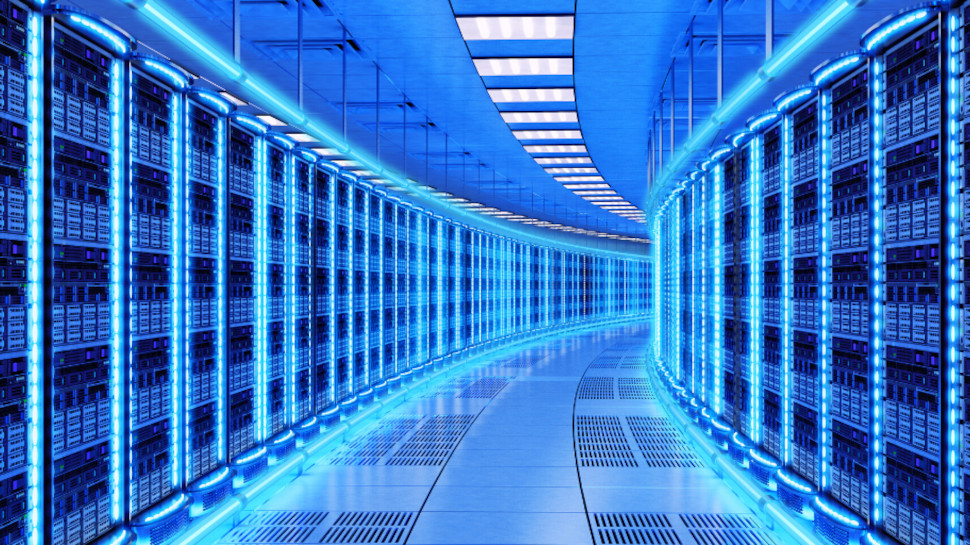New AWS instances powered by Graviton3 are finally here
Faster processing speeds are on the way for AWS users

Amazon Elastic Compute Cloud (Amazon EC2) C7g instances are now in general availability, the company has revealed.
Amazon broke down what the name C7g actually means for the less technically inclined when it comes to cloud hosting.
The “C” instance family is designed for compute-intensive workloads, this is the 7th generation of this instance family, and the “g” means it is based on AWS Graviton. These instances are the first instances to be powered by the latest generation of AWS chips, the Graviton3 processors.
What does this mean for users?
Amazon claims its Graviton3 processors can deliver up to 25% higher performance, up to 2x higher floating-point performance, and 50% faster memory access - based DDR5 memory technology - compared with Graviton2 processors.
In addition, Amazon claims Graviton3 also uses up to 60% less energy for the same performance as comparable EC2 instances, which helps customers such as early adaptor Snap, reduce their carbon footprint.
The C7g instances are available in eight sizes with 1, 2, 4, 8, 16, 32, 48, and 64 vCPUs, and support configurations up to 128 GiB of memory, 30 Gbps of network performance, and 20 Gbps of Amazon Elastic Block Store (EBS) performance. These instances are powered by the AWS Nitro System, a combination of dedicated hardware and a lightweight hypervisor.
However, the new solution won’t rolled out everywhere, at least initially.
Sign up to the TechRadar Pro newsletter to get all the top news, opinion, features and guidance your business needs to succeed!
C7g instances are currently available in the US East (N. Virginia) and US West (Oregon) AWS Regions; with other regions set to be added shortly after launch.
Amazon also addressed users concerns about migration given that Graviton instances are based on Arm architecture, rather than Intel’s x86.
Applications and scripts written in high-level programming languages such as Python, Node.js, Ruby, Java, or PHP will typically just require a redeployment according to Amazon, while applications written in lower-level programming languages such as C/C++, Rust, or Go will require a re-compilation.
For those who want to run code without relying on servers, Amazon has also released Graviton support for AWS Fargate and AWS Lambda, supporting serverless workloads.
Users interested in how the new instances cost can check out the pricing details available on the EC2 pricing page.
Amazon curated this list of technical resources for users thinking of making the move.
Will McCurdy has been writing about technology for over five years. He has a wide range of specialities including cybersecurity, fintech, cryptocurrencies, blockchain, cloud computing, payments, artificial intelligence, retail technology, and venture capital investment. He has previously written for AltFi, FStech, Retail Systems, and National Technology News and is an experienced podcast and webinar host, as well as an avid long-form feature writer.